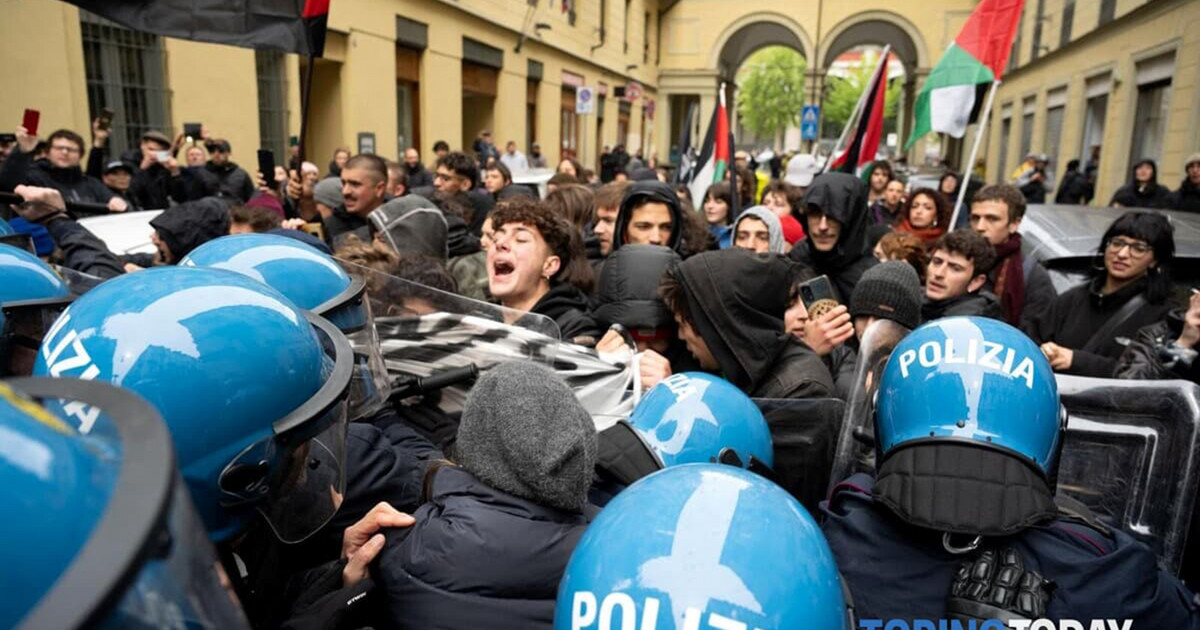Extending the payroll for another two years puts the 2022 budget on the line as it increases the government’s chances of exceeding the spending ceiling, he tells CNN the chief economist of Valor Investimentos, Piter Carvalho. Created in 2016, the ceiling is the constitutional limit on spending from one year to the next.
The specialist calculates that, with the measure, the Union will stop collecting around R$ 9 billion a year, and says that there is still no clear compensation for the lack of these resources.
“Where will he get this amount? At no point does he talk about cutting himself in the flesh so as not to increase the country’s public debt, whether by cutting high salaries or amendments to the rapporteur, in short, at no time do you have a counterpart. With this, the market sees that there is a greater risk of a hole in the spending ceiling next year”, he says.
The biggest fear in the market, according to Piter, is the increase in public debt and the rise in interest rates and inflation.
“Nothing prevents other sectors from hitting Brasília asking for the same benefit. And so, they are pushing the spending ceiling, increasing the risk in the country of having a growing debt, especially in the next few years, increasing inflation and raising interest rates. It is precisely these two elements — interest and inflation — that, if controlled, would help the economy move forward. You would have more benefits, easier credit, generate more ventures and, with that, more jobs.”
President Jair Bolsonaro said this Thursday (11) that he is going to extend the exemption from the payroll of companies in 17 sectors for another two years.
Congress was already analyzing an extension of this benefit – which would end at the end of this year – for 2026, but the president’s intention is to anticipate this process and get business support for the approval of the PEC dos Precatório. According to businessmen, the measure will help maintain jobs.
The economist recalls that this measure was tested in the government of former president Dilma Rousseff, at a time of “developmental agenda, low interest rates, BNDES benefits, devalued real and, even so, it did not generate the expected result”.
For him, the current government lacks a clearer strategy on how the extension of the exemption will help in the generation of jobs. “The agenda is positive, but there are some discussions to be held along the way: why only these sectors and not others? Why overnight? There is a lack of planning.”
Piter analyzes that Bolsonaro’s sudden decision is aimed at greater support from businessmen in the 2022 presidential elections. And, more urgently, it will help to pass the Precatório PEC, which was approved by the National Congress and will now be voted on in the Senate.
“The measure comes suddenly and sounds populist, because it suggests the president’s attempt to gain strength among businessmen with an eye on next year’s elections. Remembering that he has already vetoed this project in the past.”
* (Supervised by Juliana Alves)
Reference: CNN Brasil
I am Sophia william, author of World Stock Market. I have a degree in journalism from the University of Missouri and I have worked as a reporter for several news websites. I have a passion for writing and informing people about the latest news and events happening in the world. I strive to be accurate and unbiased in my reporting, and I hope to provide readers with valuable information that they can use to make informed decisions.






